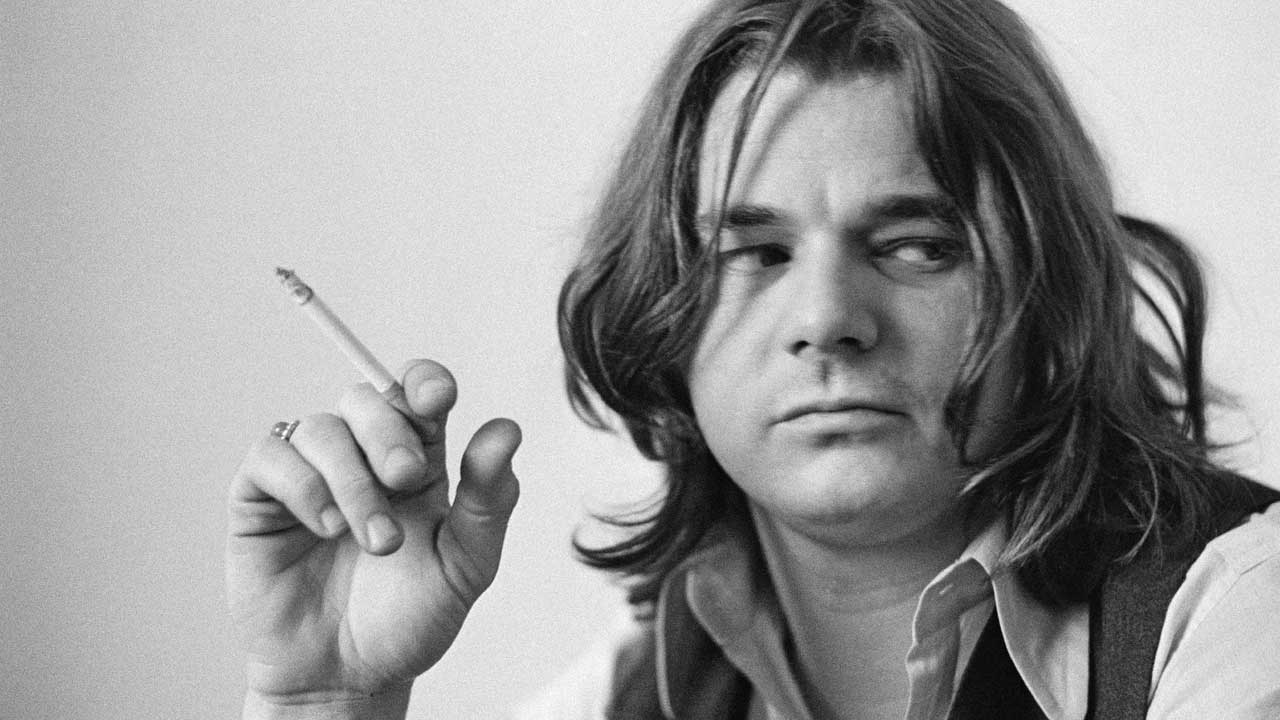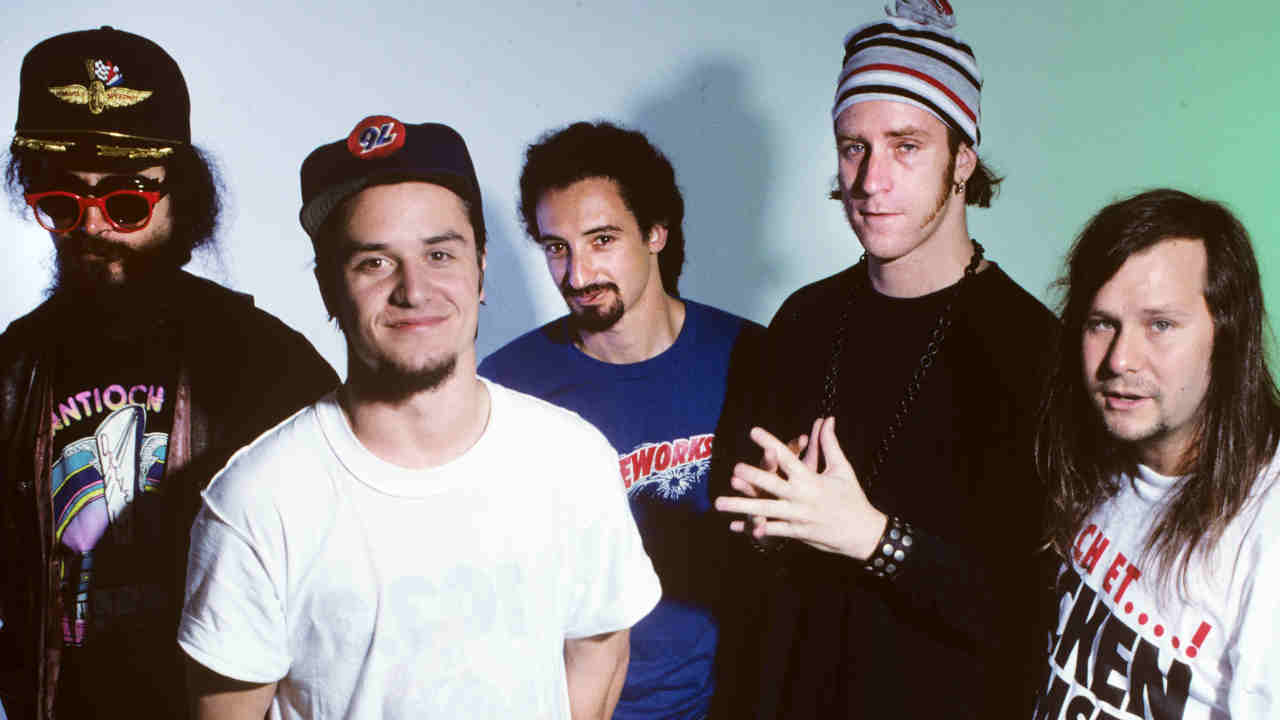Blue jeans and wolf whistles: The story of the song that saved Steve Miller's career
Steve Miller's album sales were in the doldrums until old friend Maurice resurfaced on The Joker and gave him a long-awaited number 1

It was the early-’70s and Steve Miller’s robust start – five albums, three of them Top 25 Billboard hits – seemed a long time ago. Now, the Milwaukee-born bandleader was losing ground, with 1972’s Recall The Beginning… A Journey From Eden following Rock Love into the wilderness. Worse still, that January, Miller had broken his neck in a car crash, soldiering on in pain for months before diagnosis.
Plainly, it would take nothing less than an all-conquering hit single to put the flailing guitarist back into contention, and that’s exactly what he delivered. Decades before ‘meta’ entered the lexicon, Miller had already mastered the art of self-reference on The Joker.
‘Some people call me the space cowboy’, drawled the opening line over a lazy brown-sound groove, nodding to the song of the same name from 1969’s Brave New World. ‘Some people call me the gangster of love’, he continued (a title from 1968’s Sailor). ‘Some people call me Maurice’: a nod to a cut from 1972’s aforementioned Eden, which had also featured The Joker’s made-up word ‘pompatus’.
For good measure, in the second verse, Miller dipped the pockets of Lovey Dovey, penned in a former life by Atlantic Records boss Ahmet Ertegun (‘You're the cutest thing that I ever did see/I really love your peaches, wanna shake your tree’). The whole song was decorated, meanwhile, with some of rock’s most astonishingly vocal guitar work, from the wolf-whistle slide effect that follows ‘Maurice’, to the burbling wah lead that punctuates the song.
Recorded at Hollywood’s Capitol Studios and signposting a straighter blues-rock direction after Miller’s early psychedelic outings, The Joker led out the album of the same name in 1973 and topped the US chart.
“It was the song that saved my career,” he told Charlie Rose. “Capitol Records didn’t care about what I was doing at all. I made the record in a couple of weeks, turned it in and went out and did a sixty-city tour, and the last thing I said to them was, ‘Try and have albums in the stores in the cities I’m actually working in’. It was always kind of a fight. I went out, and when things go viral today, that’s what The Joker was. When I came back, I had the #1 single, finally.”
But The Joker wasn’t quite done. In an age when a new Levi’s ad was still a gather-round-and-watch cultural event, September 1990 saw the song soundtrack director Hugh Johnson’s footage of a biker hunk riding across a trading room floor and delivering jeans to a sultry executive (the pair then literally ride off into the sunset).
Sign up below to get the latest from Classic Rock, plus exclusive special offers, direct to your inbox!
Elevation to #1 in the UK, Ireland and the southern hemisphere duly followed, but Miller himself would grow tired of the albatross that saved him.
“Honestly, in the ’90s, it was a very conservative, kinda stupid audience,” he told this writer in 2010. “We would go out and say ‘Hey, we recorded some new material’, and five thousand people would get up and go get a hot dog…”
Henry Yates has been a freelance journalist since 2002 and written about music for titles including The Guardian, The Telegraph, NME, Classic Rock, Guitarist, Total Guitar and Metal Hammer. He is the author of Walter Trout's official biography, Rescued From Reality, a music pundit on Times Radio and BBC TV, and an interviewer who has spoken to Brian May, Jimmy Page, Ozzy Osbourne, Ronnie Wood, Dave Grohl, Marilyn Manson, Kiefer Sutherland and many more.

